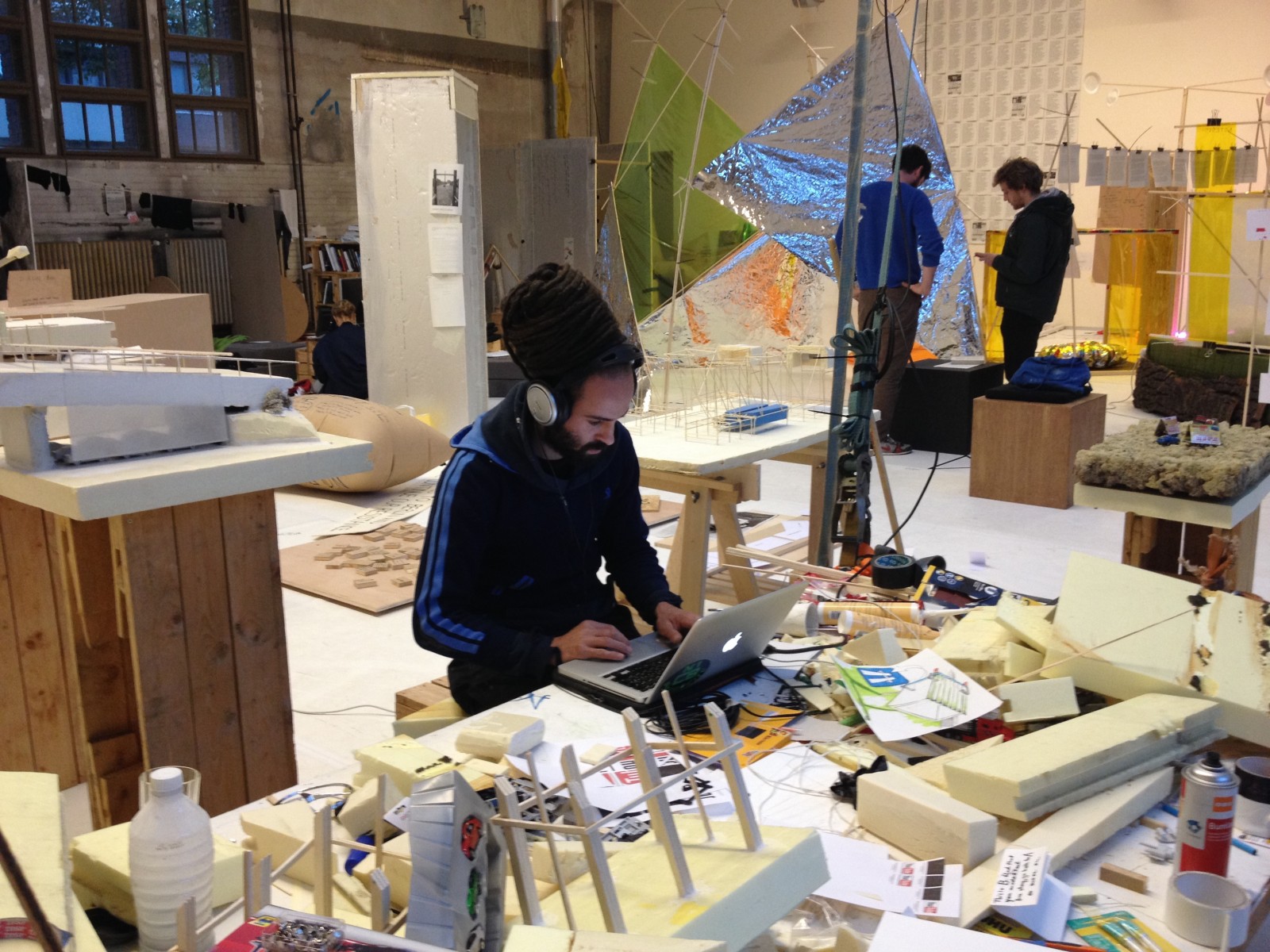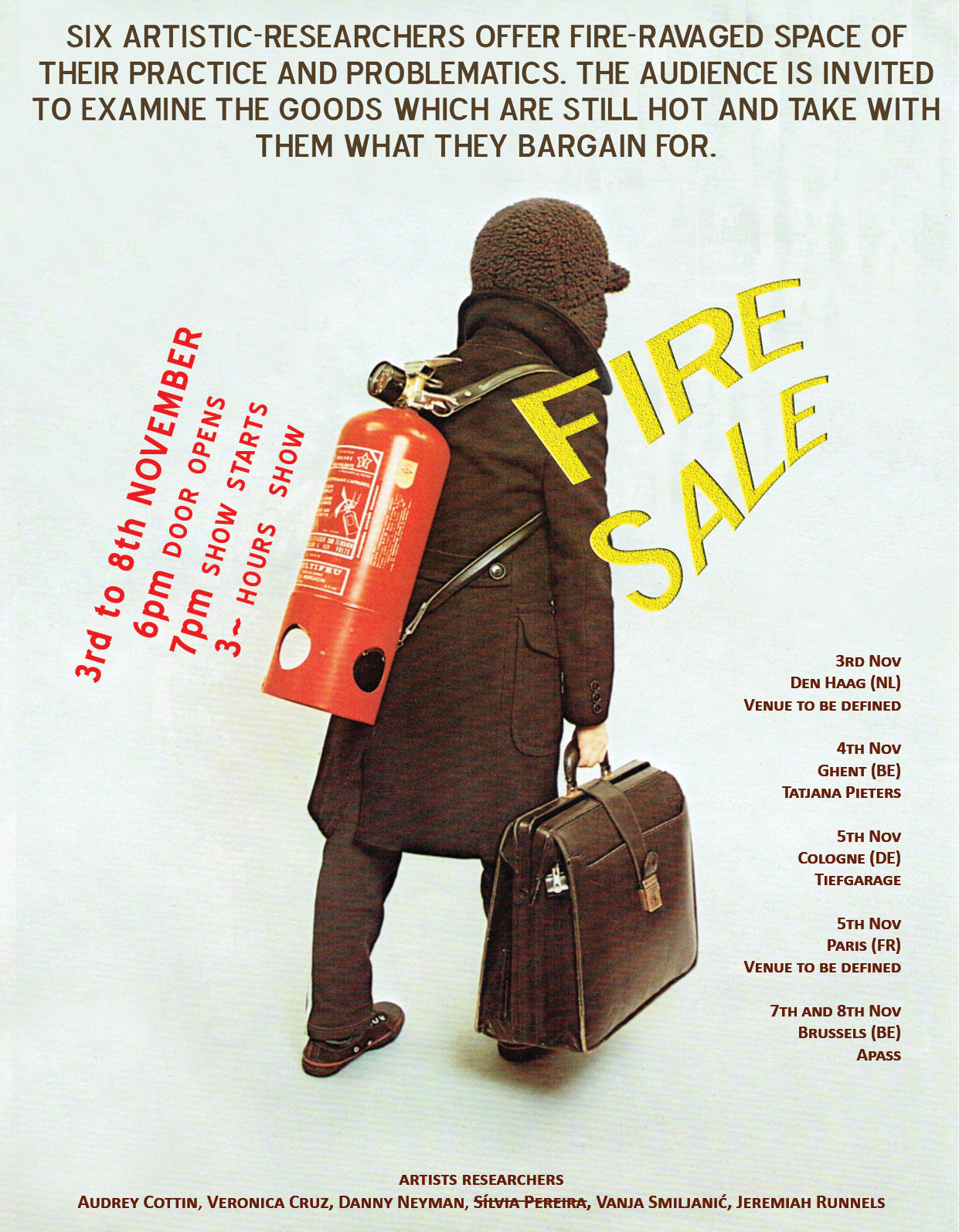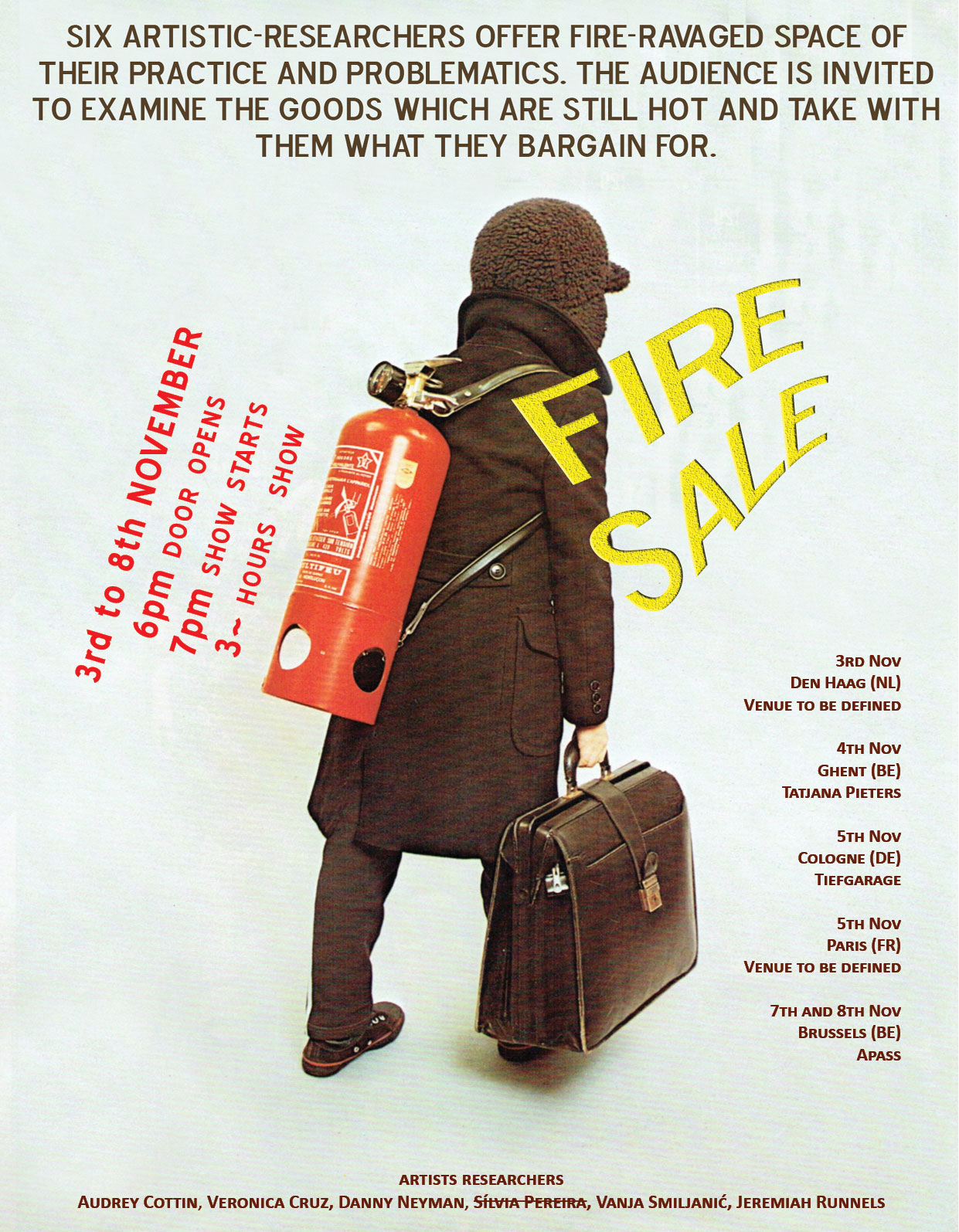postgraduate program
Block 2020 III
2020 has so far been a turbulent year: of course, the global background we are all aware of, but also for a.pass and all involved, as a community, as a group of colleagues and as a place of politics and organisation. We need time to meet despite all difficulties, and we need time to think together. We think of this block primarily as a meeting of ideas and practices of the researchers and the block contributors, in order to make space for an emergent support structure shared between all involved. Our desire is to ground the support structure of a.pass in a close relationship with the necessities and practices of the researchers. Curating here refers again more to care, than to an overarching trajectory. The core of what we do, practice artistic research, is what needs input and support. Starting from the question of what we need and how to organise it we want to create transitory and sustainable modes of organising and sharing research. The block practice, starting with the Settlement gathering, is focused on organisational and structural awareness and feedback: which spatial and temporal structures do we propose, how is it working with us and our research, and is it something we should keep for the future?
postgraduate program, research center
2013 BLOCK III
1 September-30 November 2013
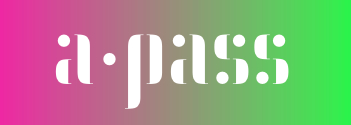
Read more..
information, postgraduate program
MENTORING STRATEGIES block 2015/III
1 September 2015
the new structure for dedicated mentorings and the interview sessionsRead more..
performative publishing, research center
Bureau d'Espoir SELF-INTERVIEW Elke – Elle
1 September-31 December 2015 / Abbeye de Forest
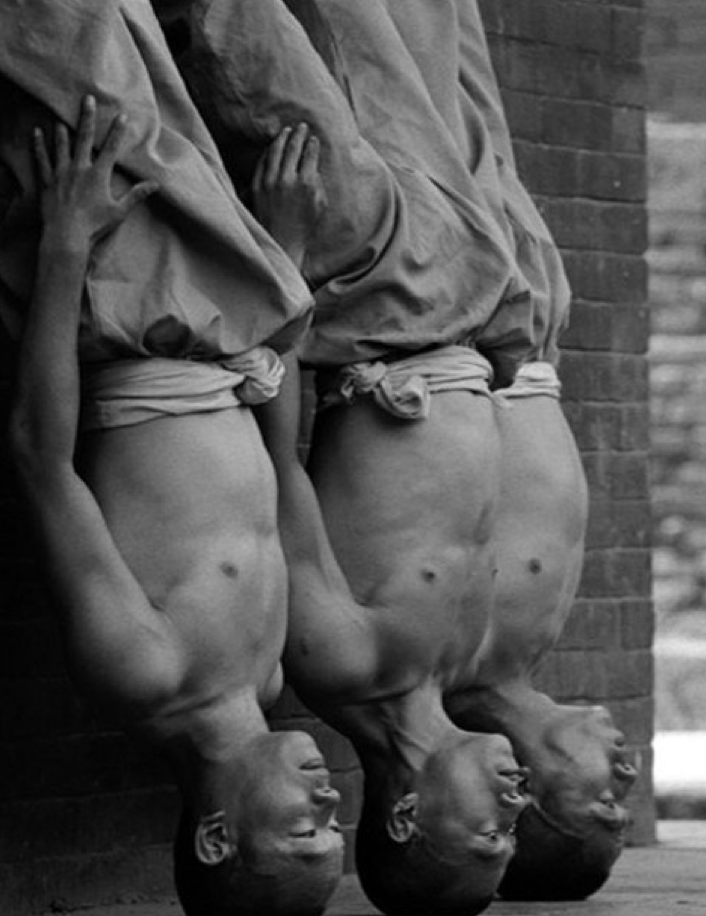
Read more..
postgraduate program, research center
2015 BLOCK III
1 September-30 November 2015

Read more..
research center, workshop
Adva Zakai / Raphaële Jeune OR SHALL WE USE THE STAIRS?
18-20 September 2015
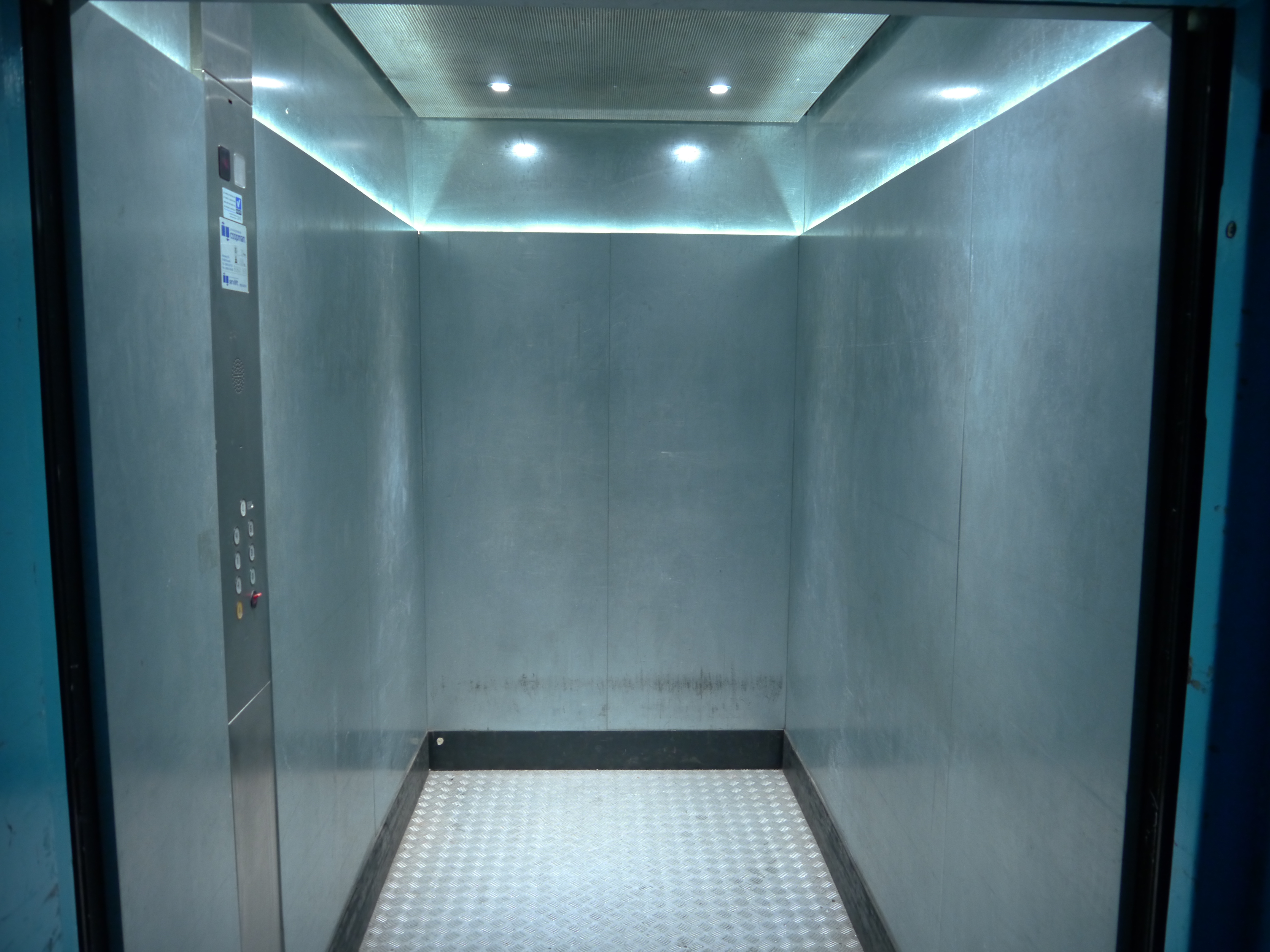
Brussels-based choreographer Adva Zakai and French curator Raphaële Jeune propose 3 days of lectures and exercises to collectively explore different aspects of the relationship between humans and machines. Together with special guests and anyone interested, we aim to share thoughts on the digitalization of our world, through introduction into concepts that developed in response to it: The challenging dialogue with algorithms, the splendor and misery of Transhumanism, recent developments in Donna Haraway’s thinking (author of 1985’s Cyborg Manifesto) and the theory of Accelerationism.
Read more..
research center, workshop
Adriana La Selva / Mika Juusela The Bridge
5-9 October 2015
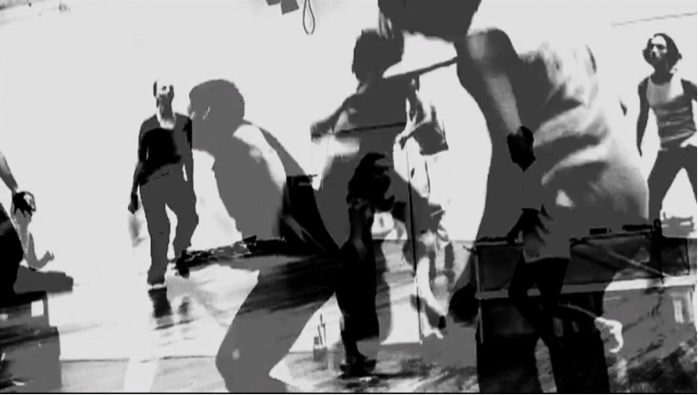
Read more..
postgraduate program, workshop
Juan Dominguez dirty room
12-22 October 2015 / a.pass studio
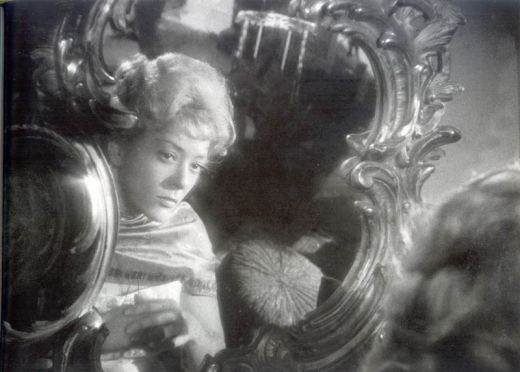
Read more..
performative publishing, project, research center, seminar
PHARMAKON
15 October-15 December 2015
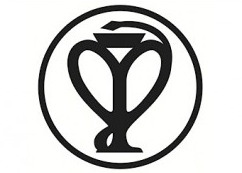
Pharmakon : whitch culture ?
‘Pharmakon: whitch culture?’, is a Thematics artistic research residency project, taking place in Brussels from the 15th of October until the 15th of December 2014. This residency is one of the stages in the development of the broader, transnational ‘Pharmakon’ research project undertaken by Institut Nomade. The ‘Pharmakon: whitch culture?’ conference will last three days and will explore the theoretical and artistic approaches to dealing with an increasingly toxic economic, ethical and cultural environment, in search of other techniques by which to connect, share and imagine the fabric of our togetherness. As a ‘performative conference’, this meeting involves artists as well as theorists, dissolves the boundaries between ‘specialists’ and ‘public’, and between ‘performers’ and ‘theorists’, and opens up a space for desire and reflection.
Thematics is organized by Bains Connective, in collaboration with Institut Nomade, the a.pass research center and Kaaitheater.
Pharmakon: whitch culture?
This Thematics project builds on the notion of ‘pharmakon’ as coined by the contemporary philosopher Bernard Stiegler. In ancient Greece, ‘pharmakon’ was understood both as ‘poison’ and ‘medicine’, and in some cases also as ‘scapegoat’. The word might mean either the one or the other depending on the context, which implies a certain knowledge, or ‘knowledge-ability’. A skill of dosage and use, witchcraft involving insight and imaginative contextualization.
At the ‘Pharmakon: whitch culture?’ conference, a group of artists and theorists will investigate the notion of ‘pharmakon’ in our society. As Stiegler suggests in his analysis of the need for a ‘pharmacology’ to counter the poisonous fumes of economic, ethical and cultural impoverishment, it is clear that the fabrication of our culture(s) has urgently to be (re)questioned. What are the categories we use to produce and develop the culture in which we ‘individuate’ ourselves? What is the change in ‘technics’ that is needed to re-imagine our desires, stepping out of ourselves, as ex-isting in the public sphere? What sort of witchcraft is demanded from us, as artists, citizens and thinkers, to come up with the right spells and potions, and to dose our practices to transform poison into medicine.
Read more..
performative publishing, postgraduate program
Thiago Antunes / Darling, what would you do for being integrated in a new country until the end of the week otherwise you I dont know what but something very bad would happen?
16 October 2015
Colonization, gamification, scores, characters, diagrams, schedules, plans. But, Luanda, how to live from art in Belgium? Should I prepare myself for being a Chef de cuisine at least to earn more mony from restaurants? Yes, of course, if you like it don’t lose your time. I regret not having done the same few years ago. It is hard to be an artist here, very hard, darling.Read more..
lecture, performative publishing, research center
Veridiana Zurita don’t eat the microphone / televizinho / mommy, daddy, me
24-24 October 2015
invitation research sharing
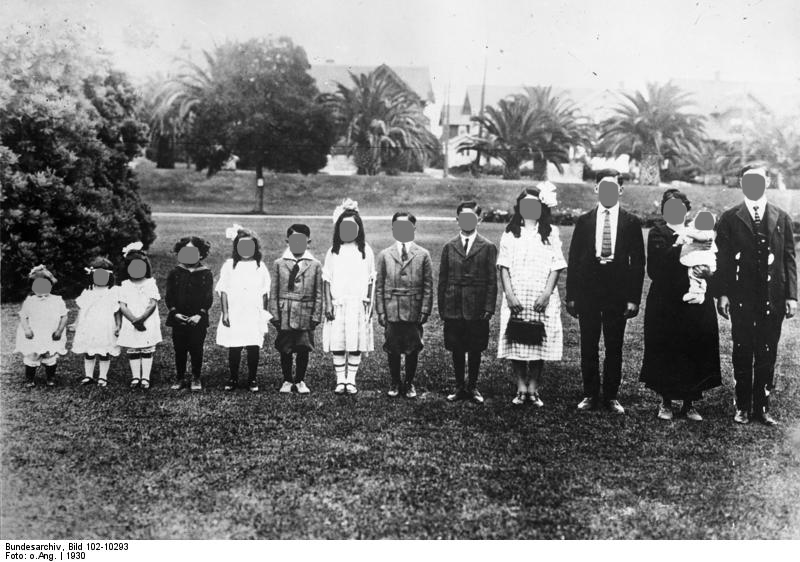
24/10/2015, 7-10pm, a.pass studio, de bottelarij
In 2014 I started working as an artistic researcher in a.pass. Since then I developed three different projects. ‘Don’t Eat the Microphone’: a weekly session developed together with the residents of the psychiatric hospital Dr. Guislain in Ghent, ‘Televizinho’: a series of re-enactments of Brazilian soap-operas with no-actors of a river community in the Amazon and ‘Mommy, Daddy, Me’: a letter trialogue about love relationships between me and my parents. Through these experimental set-ups I gathered a lot of materials of various kinds. Now I would like to share these video’s, texts, experiences and set-ups with you. I would be happy to host you during an evening-long sharing of materials from the research, and offer an idea of the contexts and imaginations that brought these ongoing projects to life.
More information here
postgraduate program, workshop
Bureau d'Espoir Mobile MNSTRY
9-22 November 2015 / Abbeye of Forest

Read more..
postgraduate program, workshop
Settlement 11 Collective Schedule
22 May-3 June 2017 / a.pass

Read more..
performative publishing, postgraduate program
Maurice Meewisse Documentation Third Block – Settlement 14
1 January-31 March 2019
Curated by Vladimir Miller
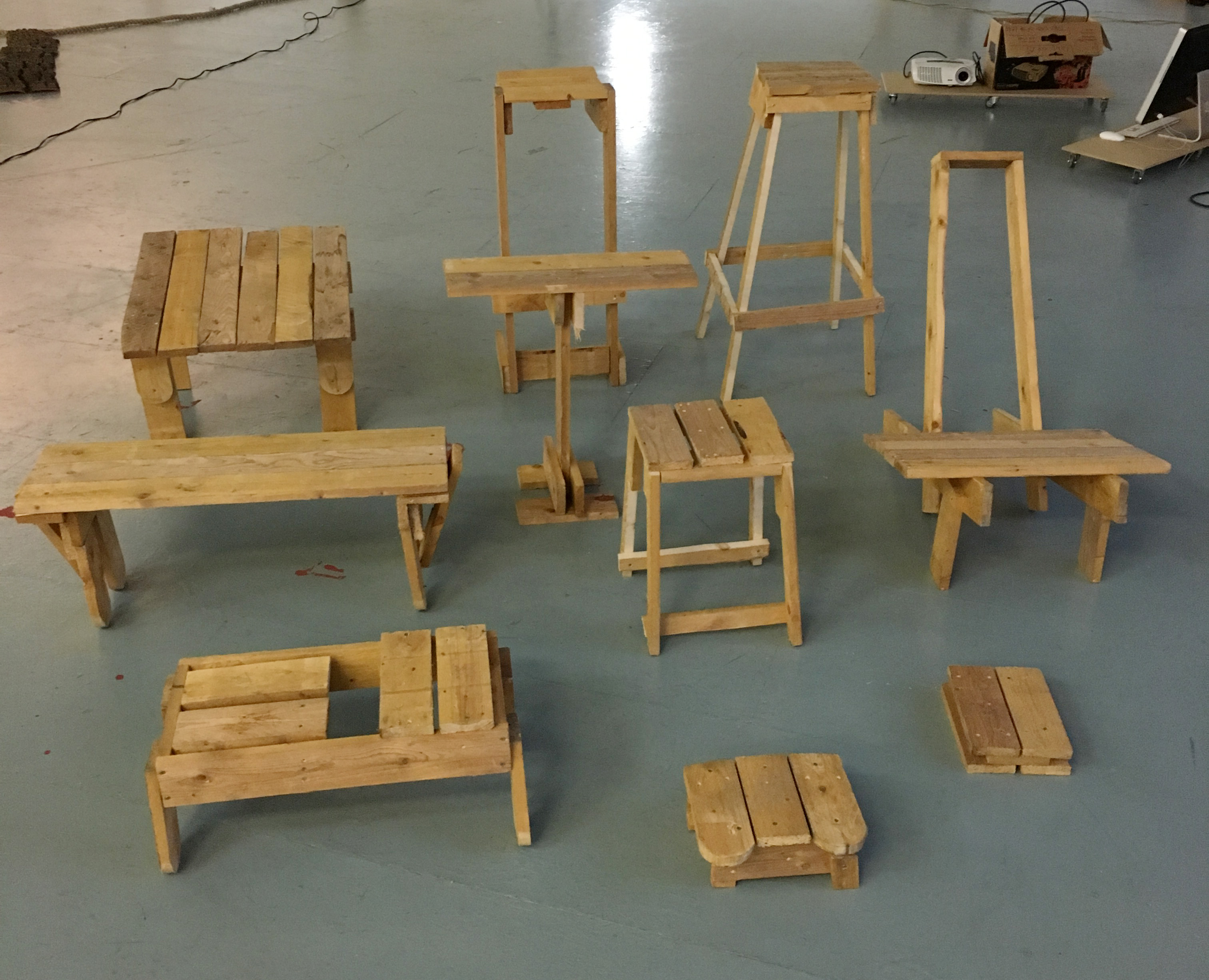
postgraduate program
BLOCK 2019/I UNSETTLED STUDY
7 January-31 March 2019
curated by Vladimir Miller

information, postgraduate program
Settlement 14 schedule
7-26 January 2019
MON 7th
14:00 meeting
17:00 cleaning, emptying the collective space
19:00 dinner
TUE 8th
10:00 Materials and Tools
Read more..postgraduate program, workshop
Settlement 14
7-26 January 2019 / a.pass

postgraduate program, workshop
the Lecture, the Performance
4-8 February 2019
workshop with philipp gehmacher
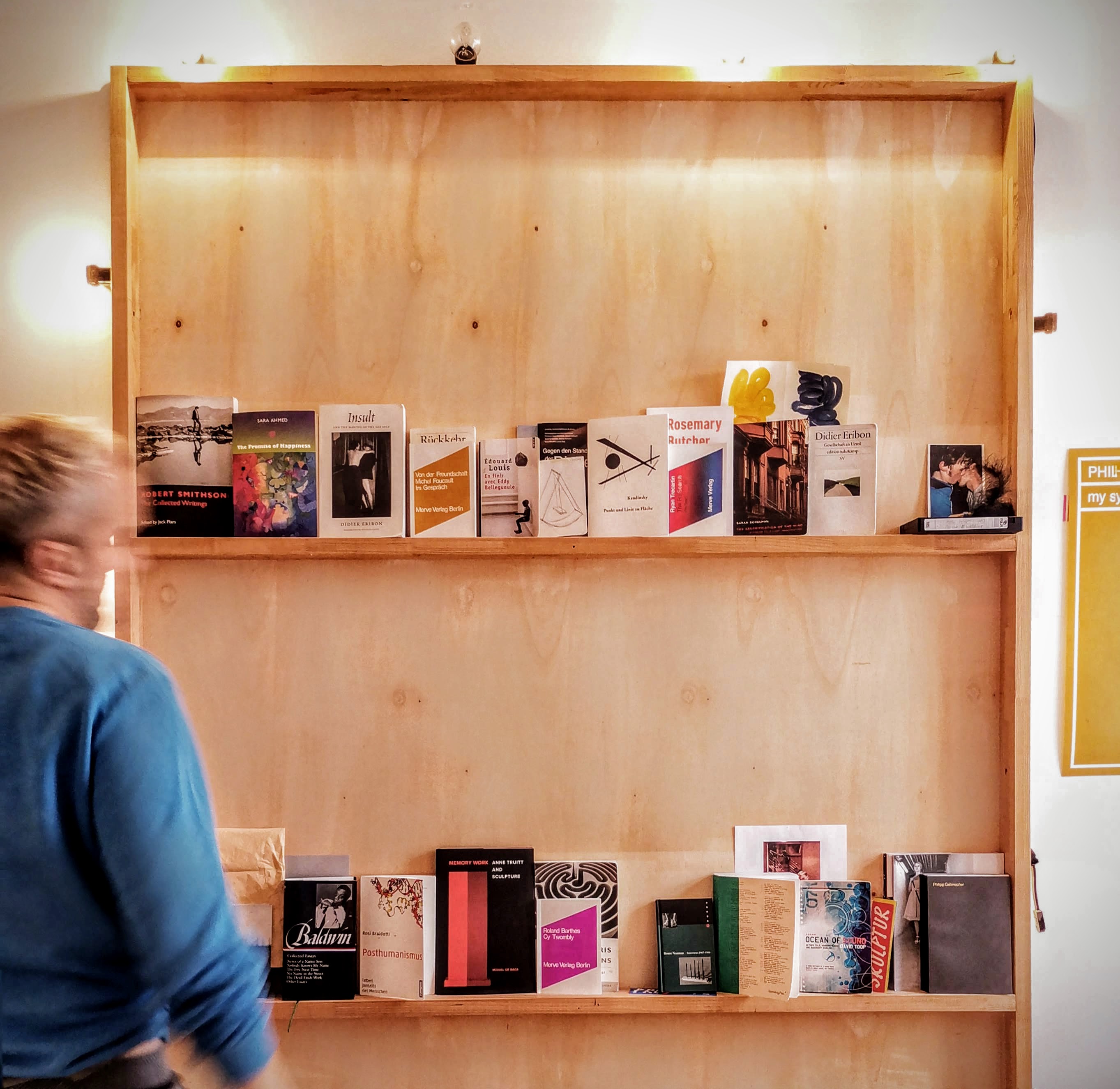
This week’s focus lies on the idea and genre of the lecture performance in the performing and visual arts. Speaking out will be looked at as a performative act of sharing thoughts and concerns about ones own research and work. The questions often arising are: Why speak out about things at all? Why not let the work speak for itself, the research be mapped out and available? Is the speaking an extra layer of added information, at times rendering the ‚shown’ and presented more informal, even personal? Whilst in fact pointing at its surrounding, as much as the institution, is there a self-referentiality involved in speaking that we cannot escape whether we speak about ourselves, our concerns or just matters seemingly ‚worldly‘ and not personal? Speaking is however also about utterance and the speech act, performative as such, in the now, whether scripted or not. Speaking points out, maps out, accompanies actions and discursifes often all at once.
Read more..postgraduate program, workshop
Moritz Frischkorn The Choreography of Objects: Logistics vs. Entanglement
25-28 February 2019
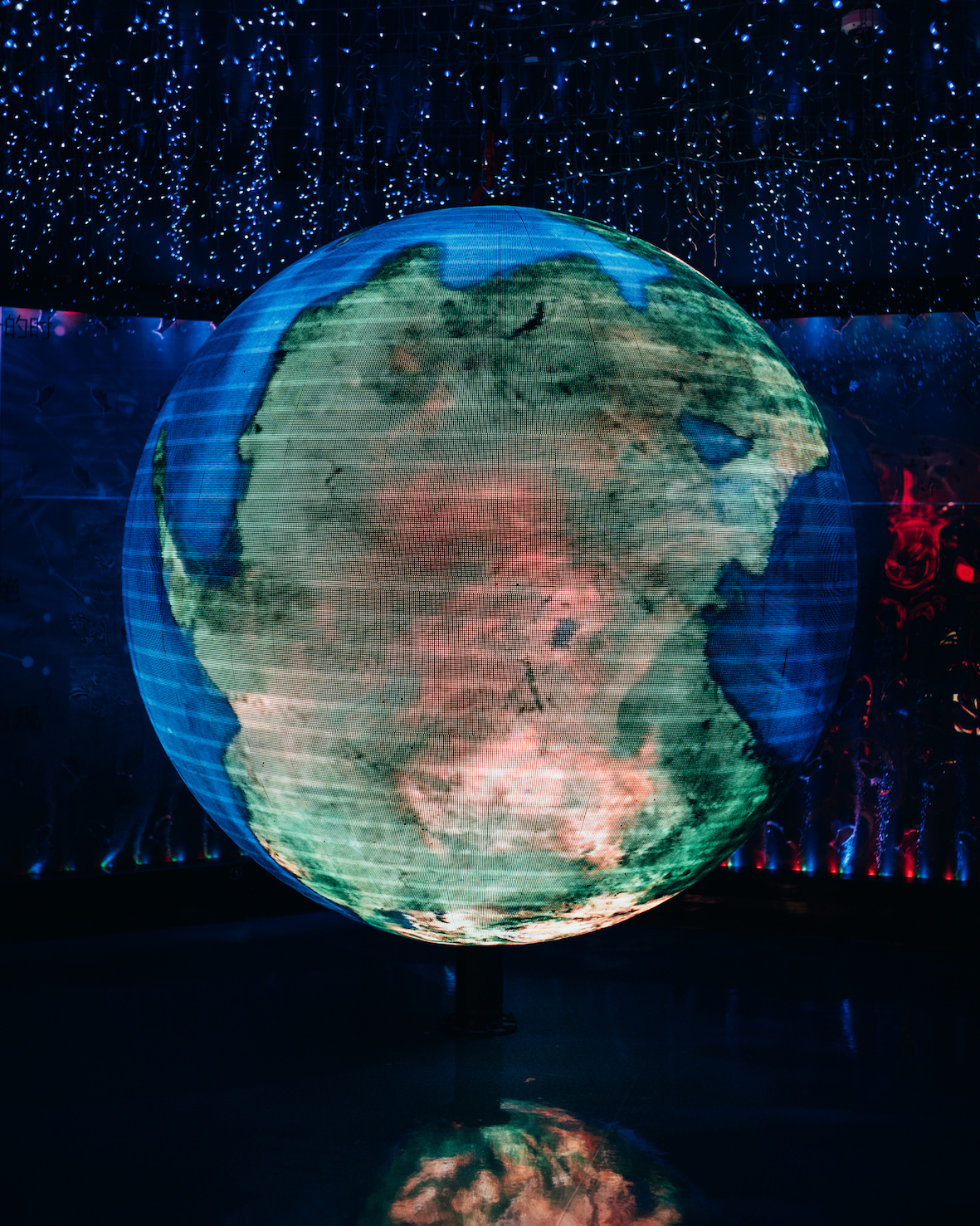
performative publishing, postgraduate program
UNSETTLED STUDY AT PERFORMATIK ’19
22-23 March 2019 / KANAL
performative research environment
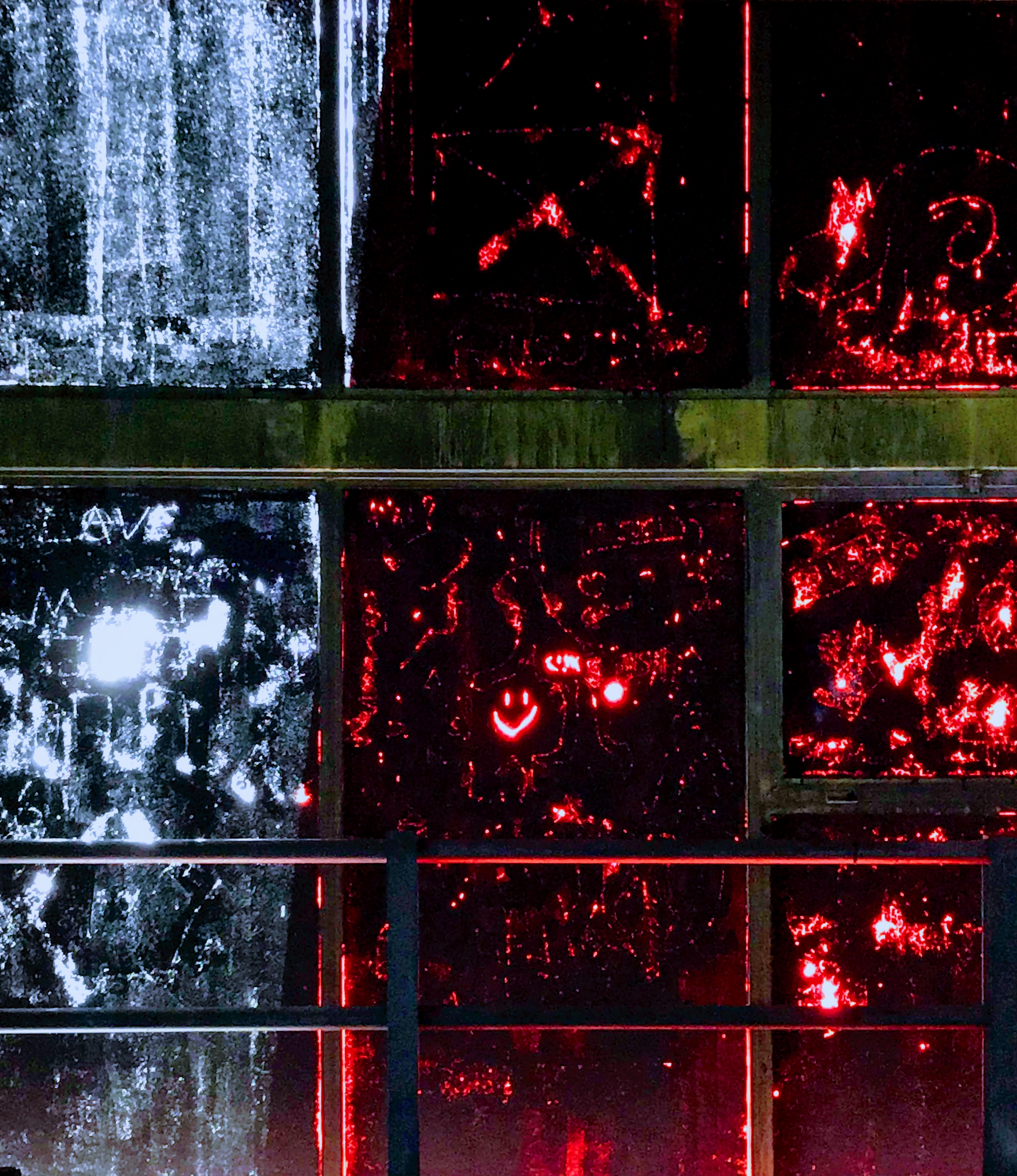
postgraduate program, workshop
Vladimir Miller Settlement 16
14 September-3 October 2020 / a.pass
The Unconditional Institution
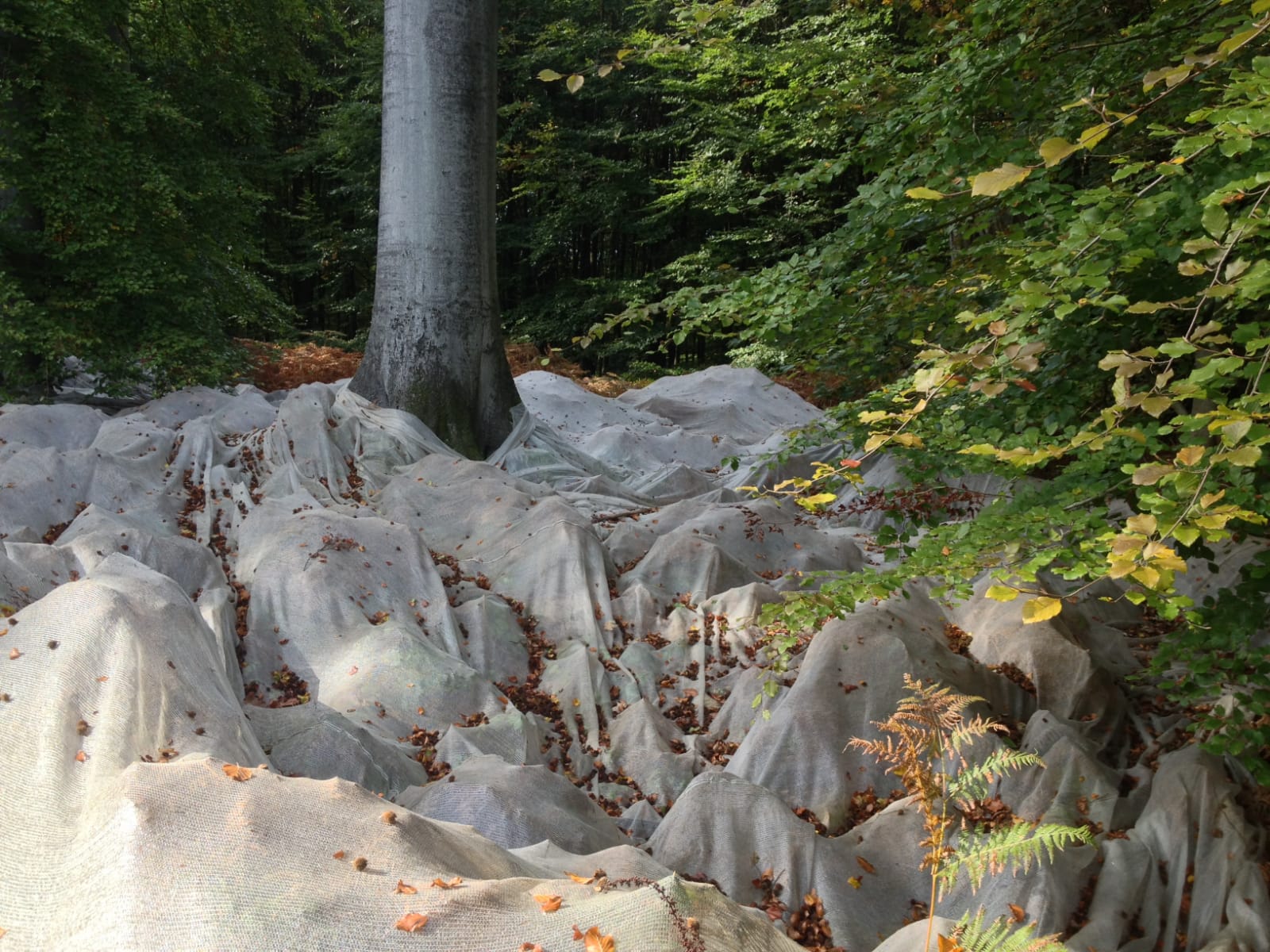
During the days of Sept 14th – Oct 3rd 2020 a.pass will come together and host an open workspace called Settlement. In the course of these three weeks we will share our current work processes within an open collaborative workspace. We aim to create a poly-central gathering that is self-structured, self-organized and open to contributions from anyone. You are cordially invited to join this process by establishing your own space in the a.pass Settlement and sharing some of your ideas, practices or works with others. The materials and structures available at the a.pass main space will be a common resource for all who join to create whatever is needed to facilitate this process. The schedule for these three weeks will be developed on site by its participants and shared online on the a.pass website.
please let us know if you want to join this workshop by subscribing a week before you come. covid measures will be followed in the shared environment to ensure it safety.
Read more..postgraduate program, workshop
Krõõt Juurak AUTODOMESTICATION
27-31 October 2020 / a.pass
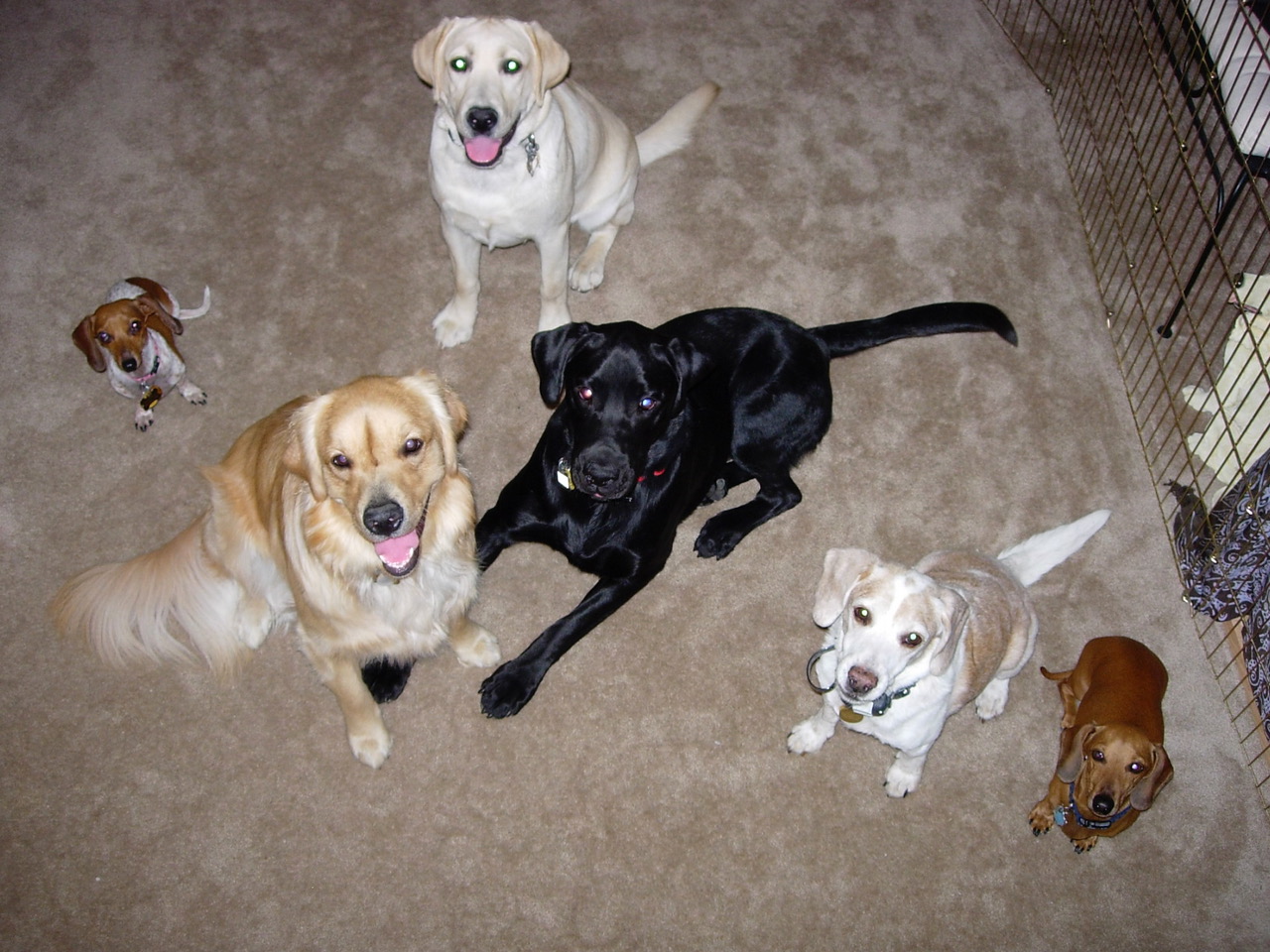
As a performer you provide your audience with something that cannot be measured in material terms. As regards the activity that produces the cultural content of the commodity, your labour involves a series of activities that are not normally recognised as work – activities involved in defining and determining cultural and artistic standards, fashions, tastes, consumer norms and, on a strategic level, public opinion. As a performer you are primarily a producer of subjectivity. Typically, an artist’s value does not lie in what they “do” but in what they “are”. Now, remember, for example, how Richard Florida described the processes of gentrification caused by the migration of artists and creative workers – the artists may or may not be aware of the value of their mere presence but on a larger scale they produce “results” simply by existing. Survival in the (performing) arts requires creativity that goes beyond the artworks one creates. In fact, a typical performing artist spends about 99 percent of their time off stage – as an audience member, a critic, an administrator, a networker, friend, mentor, student, teacher and so on. Inventing and re-inventing oneself on and offstage, adjusting to various situations, restrictions, moving from project to project, one residency to the next, brimming with creative energy, training and forever educating oneself is the way forward.
Read more..postgraduate program, workshop
Elke van Campenhout Debunking the Myth
16-20 November 2020 / online
or The Emperor’s New Clothes Revisited
NEW DATES!
16.-20. Nov 2020
To be a contemporary artist comes with a lot of prerequisites these days: unspoken discourse rules, critical norms, and a general salonfähig consensus about values like fluidity, horizontality, collaboration, etcetera… Often these values are taken for granted while a strong discourse is ruling the artist’s world, zooming in on any hint of postcolonial insensitivity, patriarchal blindness, gender observations, and faintly non-consensual power use. This attitude stems from the bountiful history of feminist and queer studies, cultural studies insights, and a general growing awareness of her-stories and the damage done by biased educations and cultural misgivings. But at the same time there are also a lot of other untouched territories underlying these value markers: 19th century romanticism, liberalism, humanism, … Each one carrying within it a very specific view of what it means to be a human being in this world, how we are connected and what we are able to convey.
Read more..project, workshop
Polyset 2022W4-7 a.pass, Brussels
24 January-11 February 2022 / a.pass
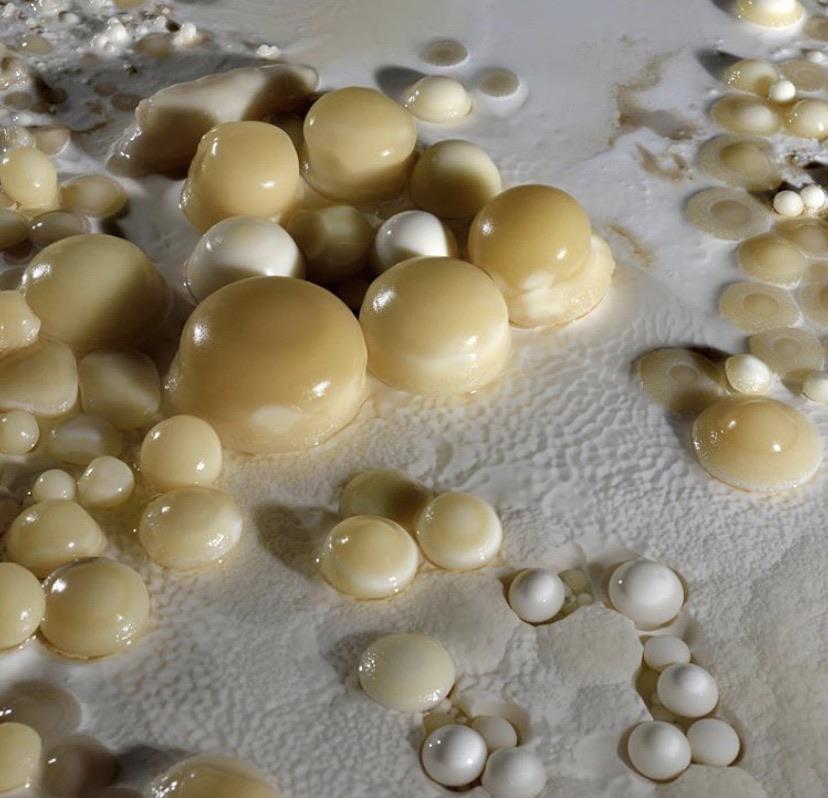
POLYSET HAS BEEN PROLONGED BY A WEEK, TO END ON FRI FEB 18TH
[disorganisation, mutable<>mutant, re-constitution, available space, usedesign, decoherence, constituent imagination, perpetual modeling, set / unset, cohab, sticky space, gel, semiset, accumulation, interim, tentative, fragile, actual, affine space, poligraphy, gathering, a walk in the dark with the flashlight pointing backwards, fugitive instituting, politecture, study, overflow, hangout]
a poliset is:
a practice of temporary research co-habitation, where the the researchers design their spaces of practice in one shared space
an indoor research hangout with available communal materials, tools, support structures and resources
a self-curated study, that works through an open network of invitations
consensual over-all-planning is an exception, while relational collaborative negotiations structure the space
Read more..